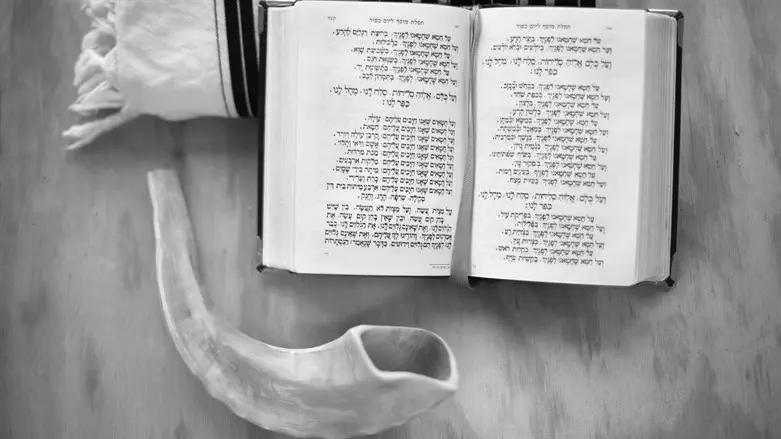
In advance of a high holiday season that will present many practical and emotional challenges amidst the ongoing war, the Tzohar Rabbinical Organization issued a series of recommendations for Jewish communities and synagogues for how to respectively and meaningfully respond to these challenges.
In a document prepared by the organization, Tzohar wrote, “The past year has been a deeply challenging and complex one. What began with one of our people’s worst tragedies resulting in the murder and kidnapping of hundreds led us into a war that continues to exact heavy costs and forced the evacuation of tens of thousands of people from their homes. Amidst this tension, we approach the holidays of Tishrei. These days present a distinct sense of confusion where we feel uncertain of how to appropriately commemorate the holy days which are typically filled with joy and celebration.”
The recommendations, all of which focus on promoting greater unity and recognizing the emotional toll of the past year, place a heavy focus on questions of how to commemorate the holiday of Simchat Torah- a day traditionally characterized by joy which is now the anniversary of one of the darkest days in Jewish history. “The question of how to respectfully and meaningfully celebrate Simchat Torah this year is a deeply challenging and complex one. On the one hand, Jewish tradition advocates that we celebrate our holidays even in times of tragedy. Yet, at the very same time, we cannot ignore that our hearts are heavy and we find it very difficult to rejoice in times like these. Our recommendation is to make every effort to find the balance between these two emotions, and to work to find a place that feels appropriate for your community and its members.”
Specific recommendations include a “silent hakafah (ritual dance)” as part of the seven rounds of dancing that are an integral part of the Simchat Torah service as well as dedicating each of the seven rounds to a different theme relating to the war and its ongoing challenges.
“We present these recommendations with the understanding that they can be adapted based on the specific emotional and practical perspectives of individual communities and with the sincere hope that they will bring a greater sense of meaning to this very challenging moment in our people’s history.”
